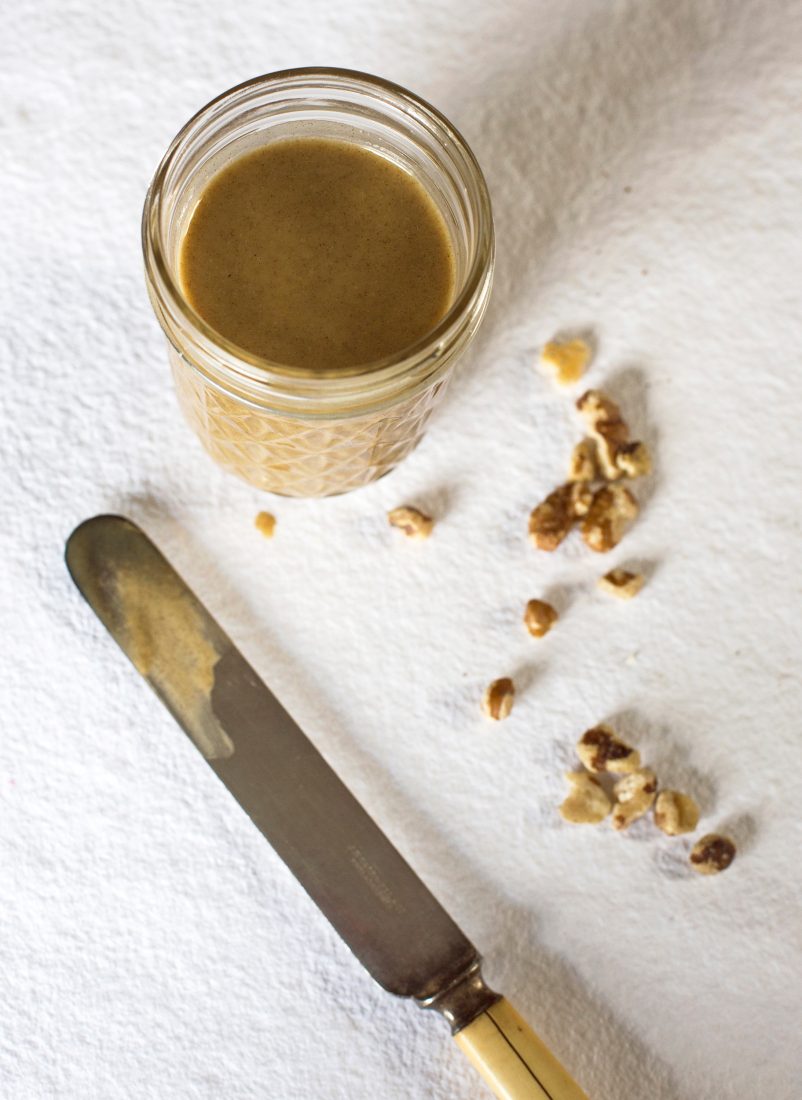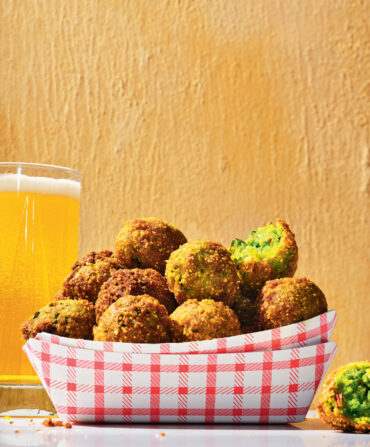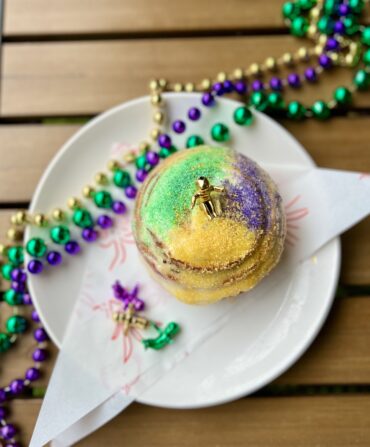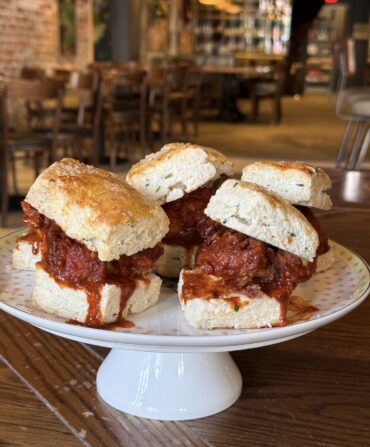“A lot of people will turn their noses up at black walnuts,” says chef John Shields, whose monthly dinners at Riverstead, a bed-and-breakfast in Chilhowie, Virginia, attract diners from as far
afield as Washington, D.C., New York, and Chicago. “But I’ve learned to love them over the years. They get a bad rap, and I love showing off what they can be.”
Right now, rivulets of yellow-green black walnuts are littering front lawns and sidewalks in mountain towns like Chilhowie, where Shields and his wife, chef Karen Urie, arrived six years ago. He had been a sous chef at Alinea, in Chicago, one of the world’s temples of molecular gastronomy. She had been the pastry chef at Charlie Trotter’s. The pair had discovered their unlikely destination in southwestern Virginia on Craigslist, where the owners of the Town House Grill had requested help from an experienced husband-and-wife team.
Shields and Urie garnered plenty of press in the years that followed, supplied by a stream of writers astonished to find world-class modernist cuisine in a town of fewer than 2,000 residents. Since Town House closed in 2012, rumors that the couple has been pursuing spaces in D.C. have made national news. For now, though, they are back in Chilhowie once a month, serving a seasonal menu that includes duck hearts with grilled rose petals, and ice cream made with burnt birch wood and locally foraged wintergreen. And black walnuts, of course, which surface in everything from soft curds of sheep’s milk cheese perfumed with aromatic walnut hull to lamb seasoned with black walnut miso, an umami-rich paste traditionally made from fermented soybeans.
Hulling and cracking black walnuts isn’t easy, Shields says. “There’s just no way around the work. They say you can run them over with a car, but that’s a big, hot mess.” Remove the hulls immediately after harvesting the nuts, by stomping them on a hard surface, and then store the washed and dried walnuts—cool and dry place. After they have cured for at least a few weeks and up to a year, crack them with a hammer or a table vice. Or make things simpler for yourself by ordering a bag of kernels from Hammons, a company in Missouri that collects wild black walnuts from sources across the country each fall. You can bake them into cakes and breads, and mix them into soups and sauces. Or you can pulverize them to make black walnut butter, a staple in the fall pantry in Riverstead.








